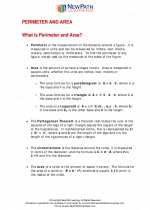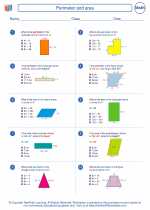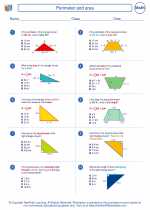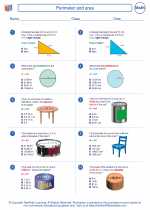What is a Hypothesis?
A hypothesis is a statement that can be tested and is used to make predictions about the outcome of an experiment or research. It is an educated guess or a proposed explanation for a phenomenon based on available evidence. In the scientific method, a hypothesis is formulated before conducting an experiment, and the results of the experiment are used to either support or refute the hypothesis.
Components of a Hypothesis
A hypothesis typically consists of two parts:
- Independent and Dependent Variables: The hypothesis should clearly state the relationship between the independent variable (the factor that is manipulated or changed) and the dependent variable (the factor that is measured or observed).
- Prediction: The hypothesis should include a prediction about the expected outcome of the experiment or research.
Examples of Hypotheses
Here are a few examples of hypotheses:
- If plants are watered daily, then they will grow taller compared to plants that are not watered regularly.
- Increasing the temperature of a gas will cause its volume to expand.
- Students who get more sleep will perform better on a math test than those who sleep less.
Testing a Hypothesis
Once a hypothesis is formulated, it needs to be tested through an experiment or research. The results of the test will either support the hypothesis, leading to its acceptance, or contradict it, leading to its rejection or modification.
Study Guide
When studying hypotheses, it is important to understand the following key points:
- Understand the difference between the independent and dependent variables in a hypothesis.
- Practice formulating hypotheses for different scientific scenarios.
- Learn how to design experiments to test hypotheses and analyze the results.
- Understand the significance of accepting or rejecting a hypothesis in the context of scientific research.
It's important to practice formulating and testing hypotheses in order to understand the role they play in the scientific method and in research. Good luck with your studies!
[Hypothesis] Related Worksheets and Study Guides:
.◂Math Worksheets and Study Guides Eighth Grade. Perimeter and area

 Worksheet/Answer key
Worksheet/Answer key
 Worksheet/Answer key
Worksheet/Answer key
 Worksheet/Answer key
Worksheet/Answer key
 Worksheet/Answer key
Worksheet/Answer key
